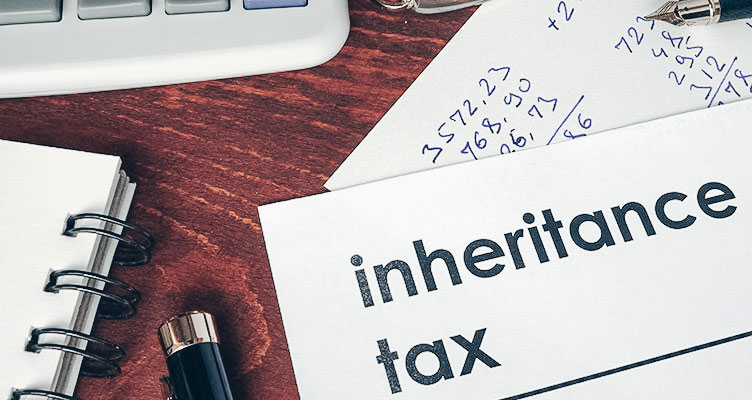

Top Tips for minimising Gift and Inheritance tax costs
by Taxkey Apr 23, 2019 Capital Acquisitions Tax TaxationIn order to minimise the future gift or inheritance tax cost for family and friends who will be future beneficiaries of your estate, planning ahead is essential. We advise individuals on the tax considerations of their estate and succession planning.
Here are some useful tips that often arise:
- Where a child receives a gift or inheritance from a parent, the first €320,000 of all gifts / inheritances will be taken tax free by the child. This is a lifetime threshold for the child in respect of any gift or inheritance taken from either parent.
- Where a niece, nephew, sibling or grandchild takes a gift or inheritance, the first €32,500 of such gift / inheritance will be taken tax free by the beneficiary. This is a lifetime threshold for the beneficiary and all gifts/ inheritances received from uncles, aunts, siblings and grandparents are aggregated to determine whether this lifetime threshold is exceeded.
- Where an individual takes a gift / inheritance from a cousin or friend, the first €16,250 of such gift / inheritance will be taken tax free by the beneficiary. This is a lifetime threshold for the beneficiary and all gifts/ inheritances received from cousins and non-blood relatives are aggregated to determine whether this lifetime threshold is exceeded.
- Beneficiaries must file a return if the gifts / inheritances received over their lifetime is more than 80% of the tax-free threshold for that group of disponer. This means that there may be an obligation to file a return even where no gift or inheritance tax is due.
- There are generous tax reliefs available for transfers of a business or farm by way of gift or inheritance. Provided certain conditions are met, the market value of the assets being transferred will be reduced by 90% for the purposes of calculating the gift or inheritance tax liability.
- Lifetime gifts of assets from parents to children will often give rise to a Capital Gains Tax (CGT) liability for the parent and a simultaneous gift tax liability for the child. Usually, the CGT paid by the parent can be credited against the child’s gift tax liability. The property transferred must be held by the child for a period of two years or the relief is clawed back.
- Including children in the purchase of property at an early stage ensures that they share in the growth of the asset thereby reducing their future benefit. If you are considering a long-term investment, it might be a good idea to bring your child in as a co-investor so that the increase in value of the investment will partially accrue to the child directly.
- You can defer tax liabilities by leaving all of your estate to your spouse if you are married and your spouse in turn then leaves all assets to your family. This takes advantage of the tax exemption for transfers between spouses. However, if it is expected that the value of the assets will appreciate over time, then the eventual inheritance tax liability for your children may be greater when they inherit the assets at the later date.
- By taking out an approved insurance policy, you can assist your beneficiaries in paying their inheritance tax liabilities. The proceeds of the policy are exempt from tax once certain conditions are met. The level of cover included in these policies should be reviewed from time to time.
- Ensure a plan for the transfer of your business is in place once you reach 55 years of age, at which stage you may be able to avail of Retirement Relief from CGT and also the very significant reduction in value for gift tax purposes of the business assets. This can be done without you losing control of the business.
- Spreading out the benefits of your assets to your children, sons-in-law, daughters-in-law and grandchildren where applicable ensures a greater number of tax free thresholds when calculating the tax liability due.
- Every year children can receive a tax free gift of €3,000 from each parent. This is a useful way to gradually reduce your assets that might otherwise be liable for tax. Indeed individuals can receive €3,000 per calendar year from any individual free of tax.
- There is tax relief for the beneficiary on an inheritance of a dwelling house where it was occupied by the disponer as his/ her only or main residence at the date of his / her death and the beneficiary does not have an interest in another dwelling and also lived in the dwelling for 3 years immediately before the date of the gift / inheritance.
Taxkey specialises in delivering individuals and their families bespoke tax advice on all aspects of succession and estate planning and in structuring their affairs in a tax efficient manner. For further information please contact us directly by clicking on https://taxkey.ie/contact-us/

